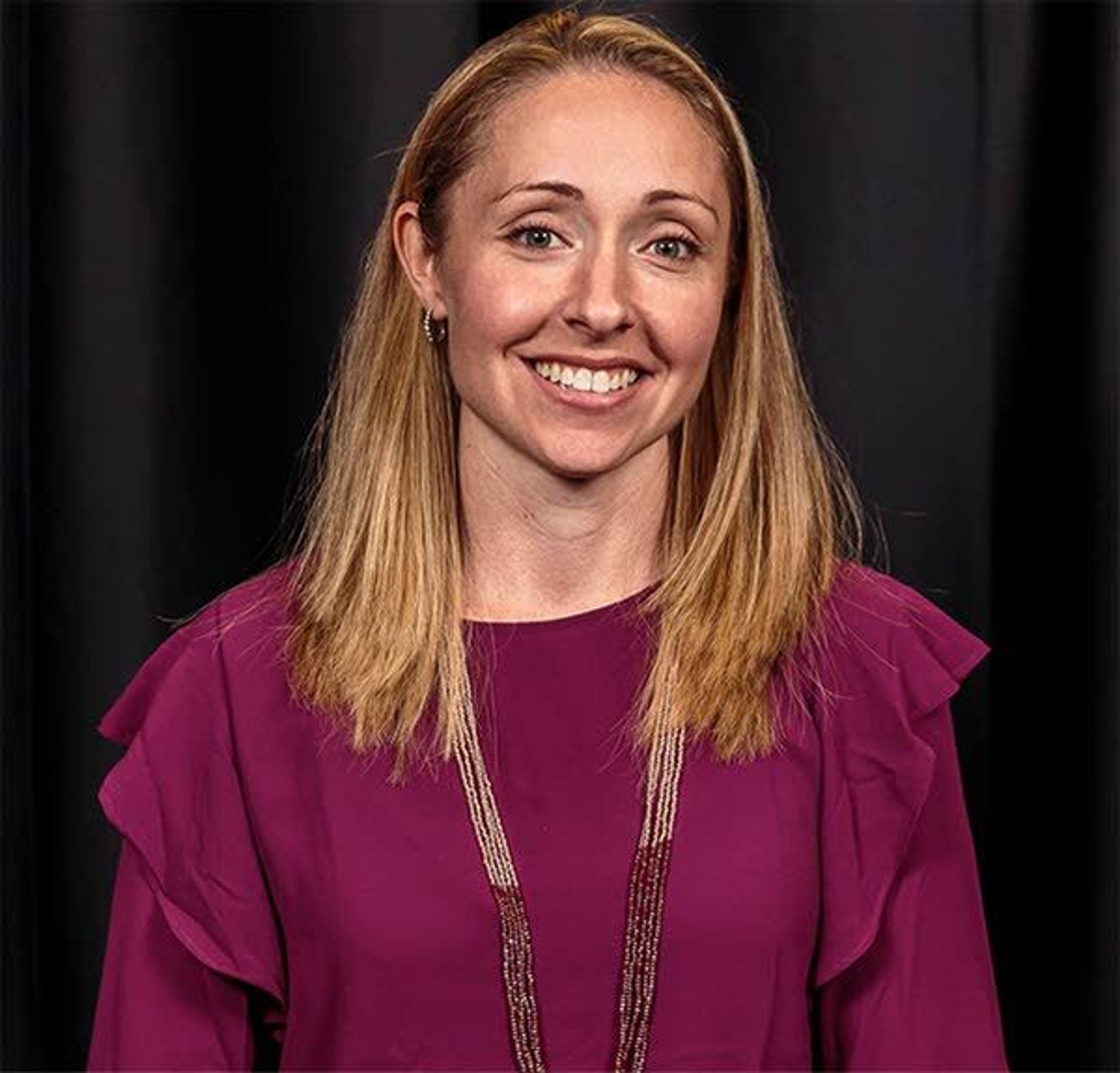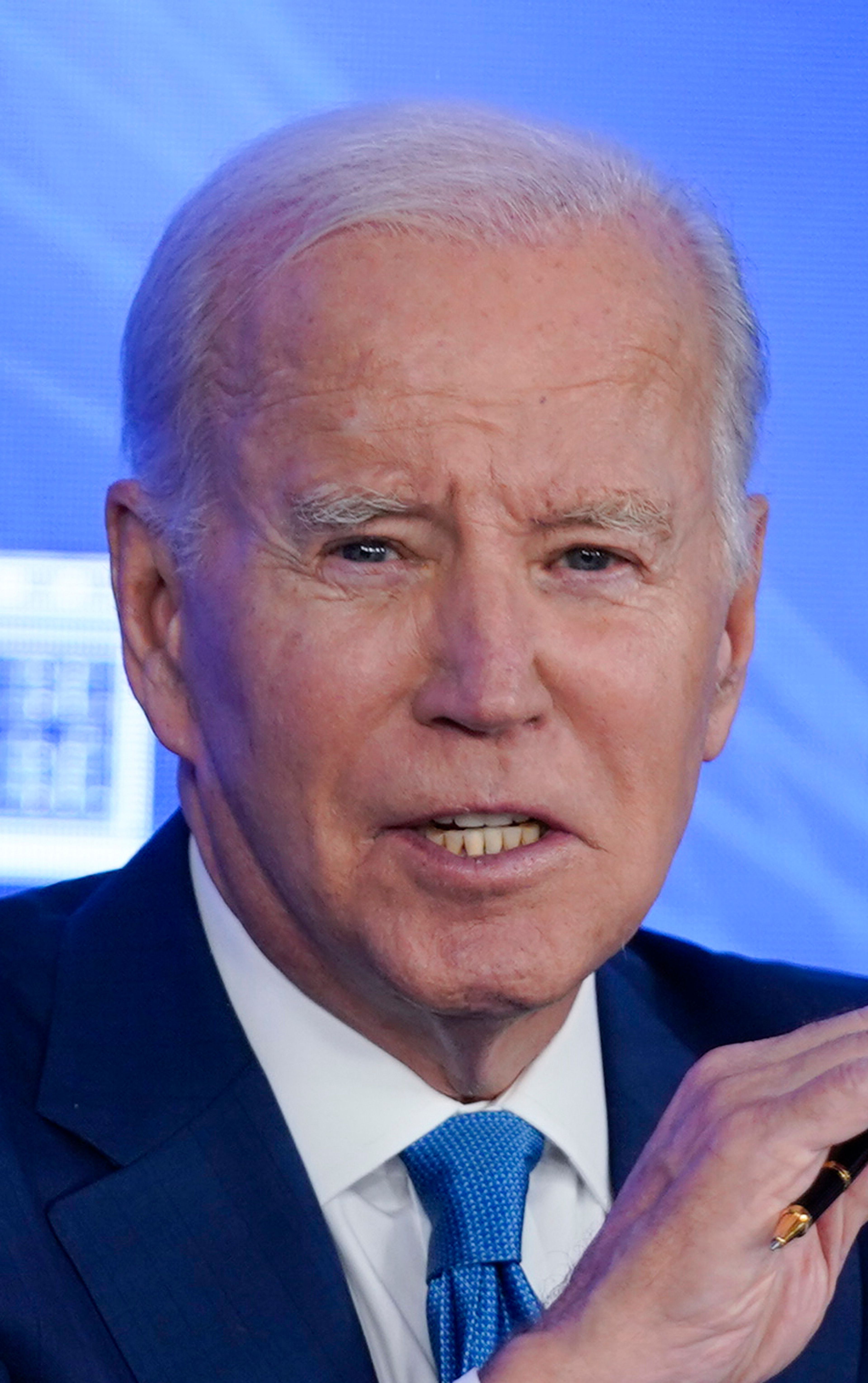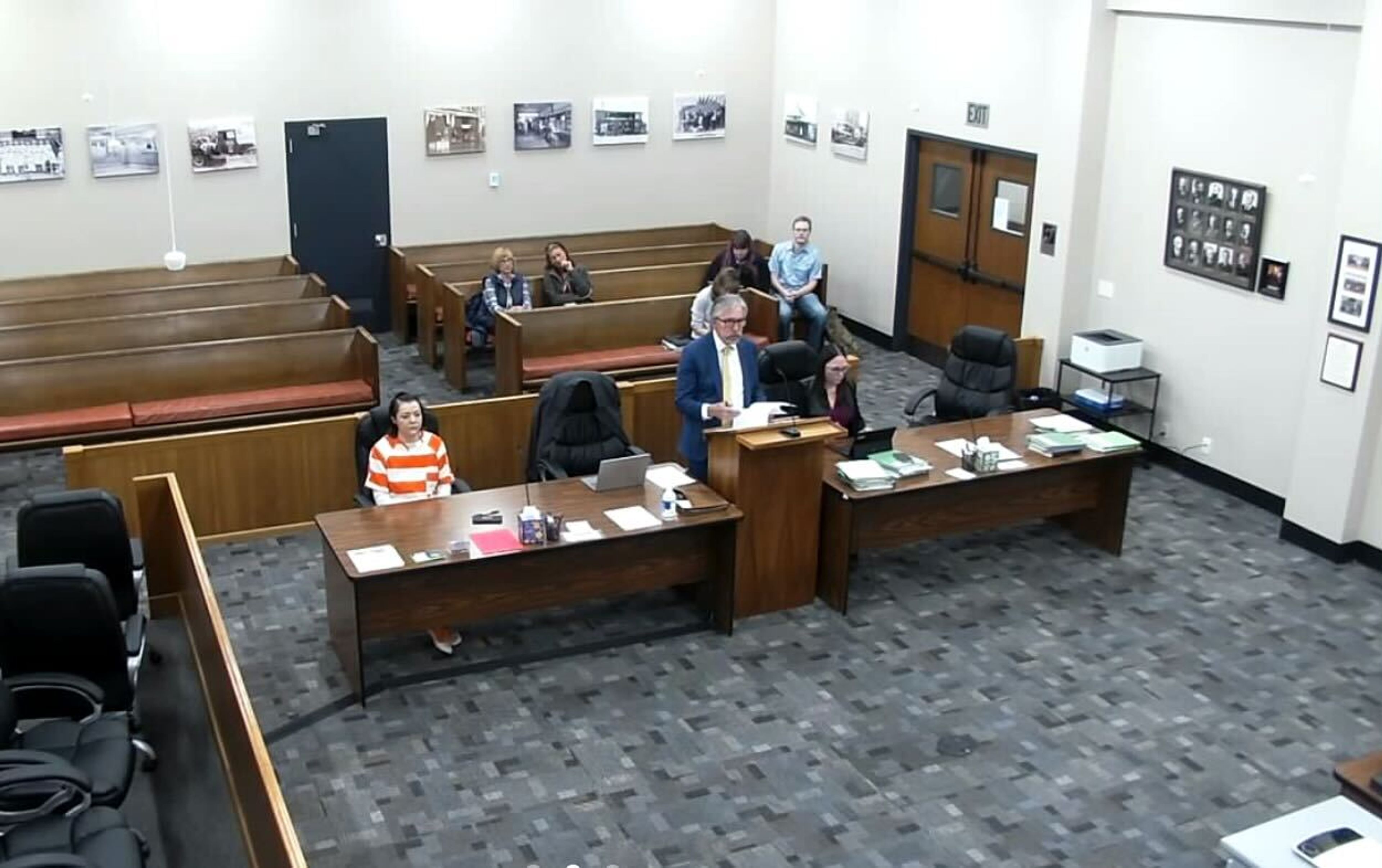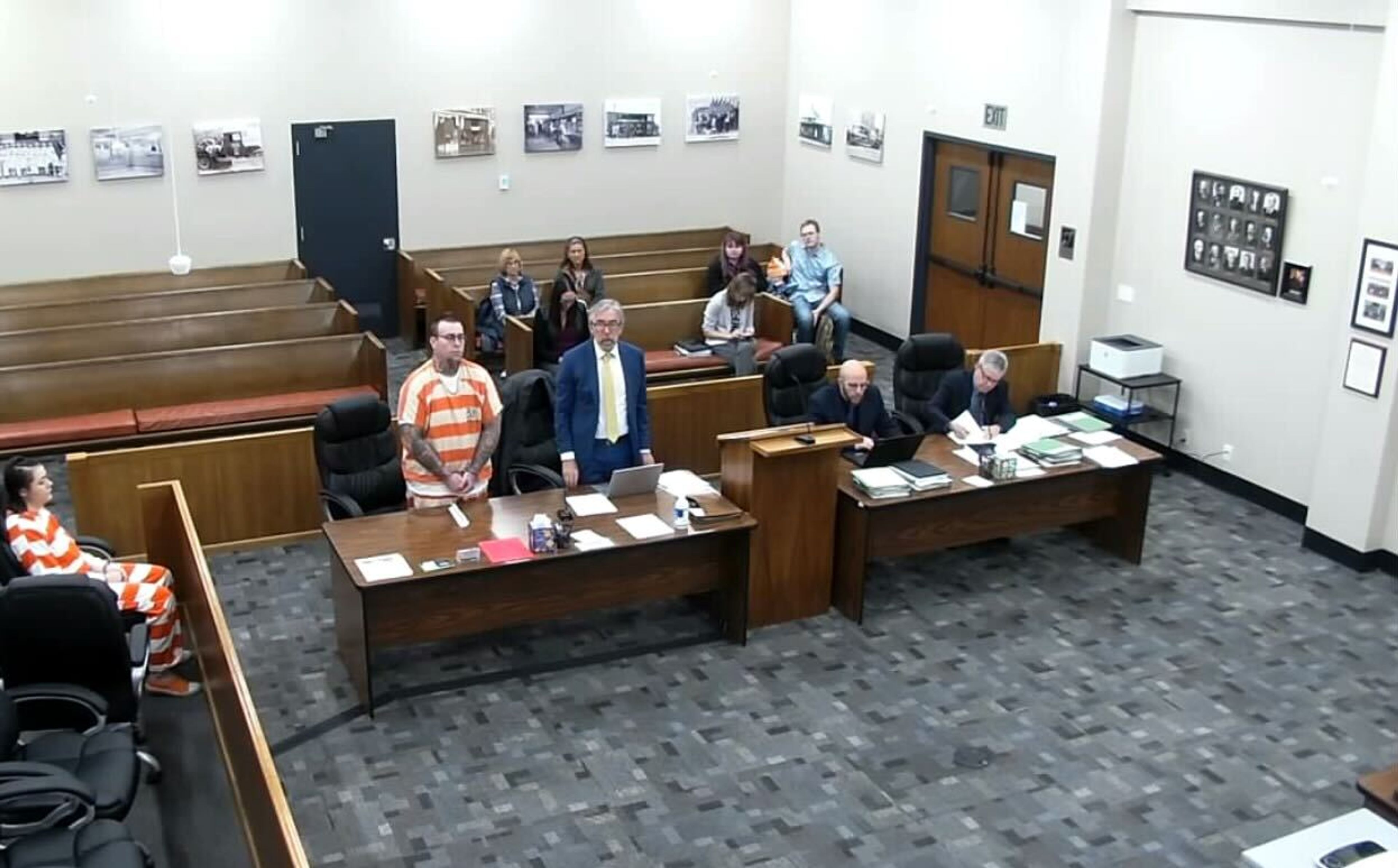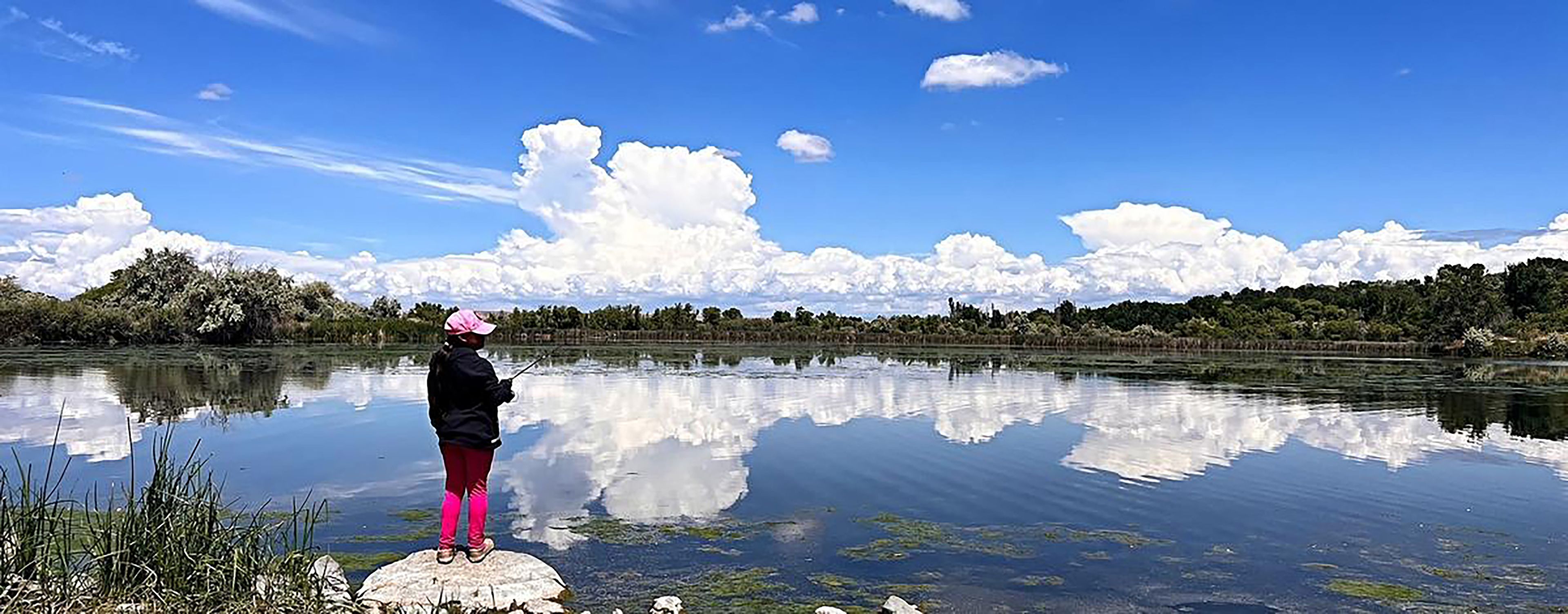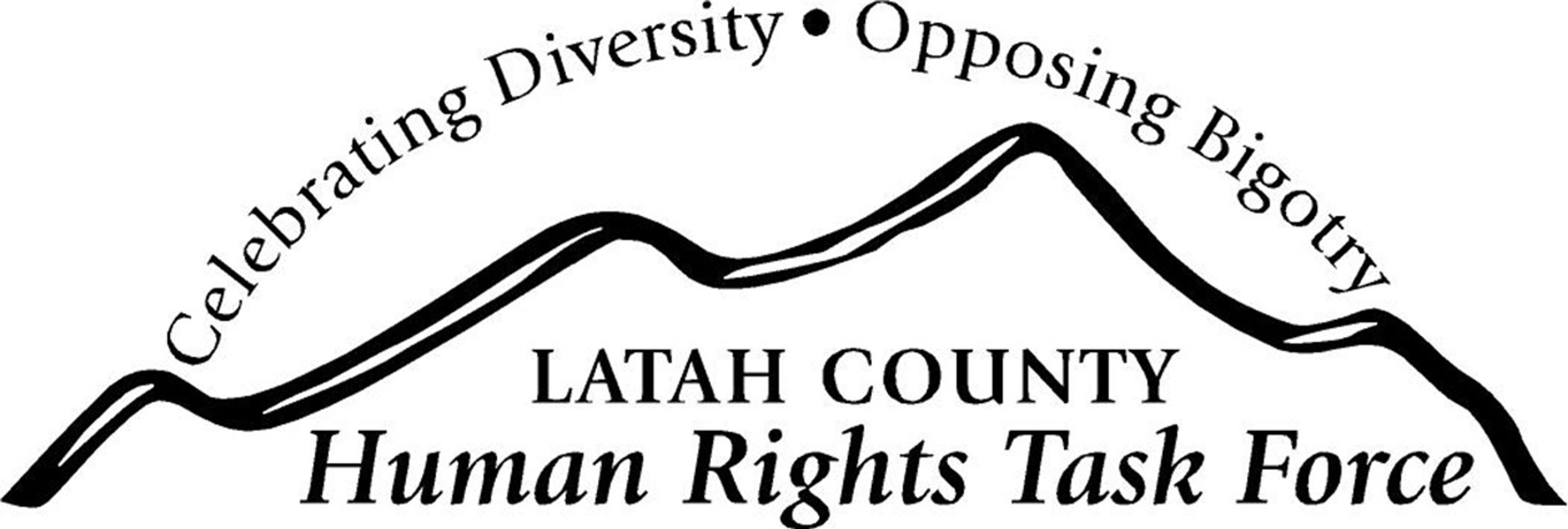Students across Idaho and the nation are reporting an increase in stress, anxiety
Summit focuses on young people’s mental health struggles during the pandemic
Students across Idaho and throughout much of the nation have struggled to cope with the coronavirus pandemic as their daily routines are disrupted.
As a result, 89 percent of young adults surveyed through the nonprofit organization Active Minds said they have experienced stress or anxiety during the pandemic, while 1 in 4 people surveyed said they’ve noticed a significant increase in their depression.
The Idaho State Board of Education held a virtual Student Mental Health Summit on Tuesday to raise awareness of the issue.
Alison Malmon, executive director and founder of Active Minds, said it’s critical to have open conversations about mental health so students feel comfortable reaching out if they need help.
Malmon, the event’s keynote speaker, formed her nonprofit organization 17 years ago, shortly after her older brother, Brian, committed sucide. It supports mental health awareness and education for young adults through chapters at more than 800 schools.
“We’re hearing from young people that they don’t feel like they deserve to struggle right now, because there are many people who haven’t lost a loved one, haven’t lost a job and maybe are still able to be in school,” Malmon said. “Part of our job ... is to open that dialogue and say ‘You matter. Your struggles matter.’ ”
Mental health issues typically begin when students are in high school or college, so Malmon said it’s important to provide a safe place for people to discuss their feelings.
By making mental health a daily focus in conversations, she said school administrators, counselors and staff can show students there is a support system they can use before their feelings spiral out of control.
“I cannot underscore enough ... how important it is to change the culture around mental health and suicide in order to help the young adults in our lives get the support they need and deserve,” she said.
During a panel discussion following Malmon’s speech, experts in the field said it’s important for those on the front lines to build connections with students, recognize the signs and symptoms of mental health problems and have strong partnerships with policymakers who can enact and fund change.
Others said more funding is needed to ensure there’s an appropriate number of counselors and social workers within educational settings.
Chris Manley, president-elect of the Idaho School Counselor Association, said the state currently has one school counselor per 550 students. Manley said the state should strive to bring that ratio to a more manageable level.
“The case numbers in schools are large,” he said. “They are overwhelming at times.”
That number sometimes increases in other settings.
Carol Vanhoozer, counseling services coordinator at the College of Southern Idaho in Twin Falls, said her college has one counselor for every 2,000 students.
Lauren Carlson, the student body president at the University of Idaho, said even before the pandemic, students struggled to employ the necessary coping mechanisms needed to address their mental health.
“Our university and the (Counseling and Testing Center) can only do so much with the time and money allotted,” Carlson said in a video message during the event. “If we wish to see true success in our students and their mental health, which affects all other aspects of their life, we have to support these resources, but we also have to make mental health a priority at all levels.”
Idaho Gov. Brad Little said he’d consider any recommendations that came from the summit, which was held to highlight the problem and find solutions.
“We’re going to have to continue to expand the behavioral health options that are there,” Little said. “We want behavioral health that’s going to move the needle, that’s going to pick out that young child that’s got problems and say, how do we direct resources to that child and into the school system where we can recognize those kids and alleviate some of that.”
The approximately 90-minute summit can be viewed online at www.boardofed.idaho.gov/event/idaho-student-mental-health-summit.
Justyna Tomtas may be contacted at jtomtas@lmtribune.com or at (208) 848-2294. Follow her on Twitter @jtomtas.
